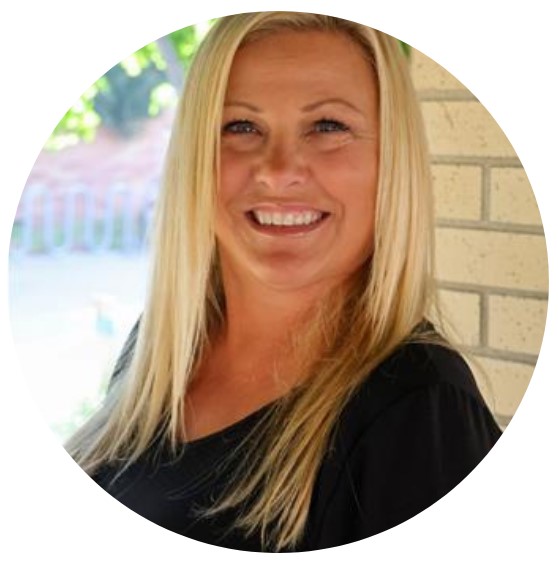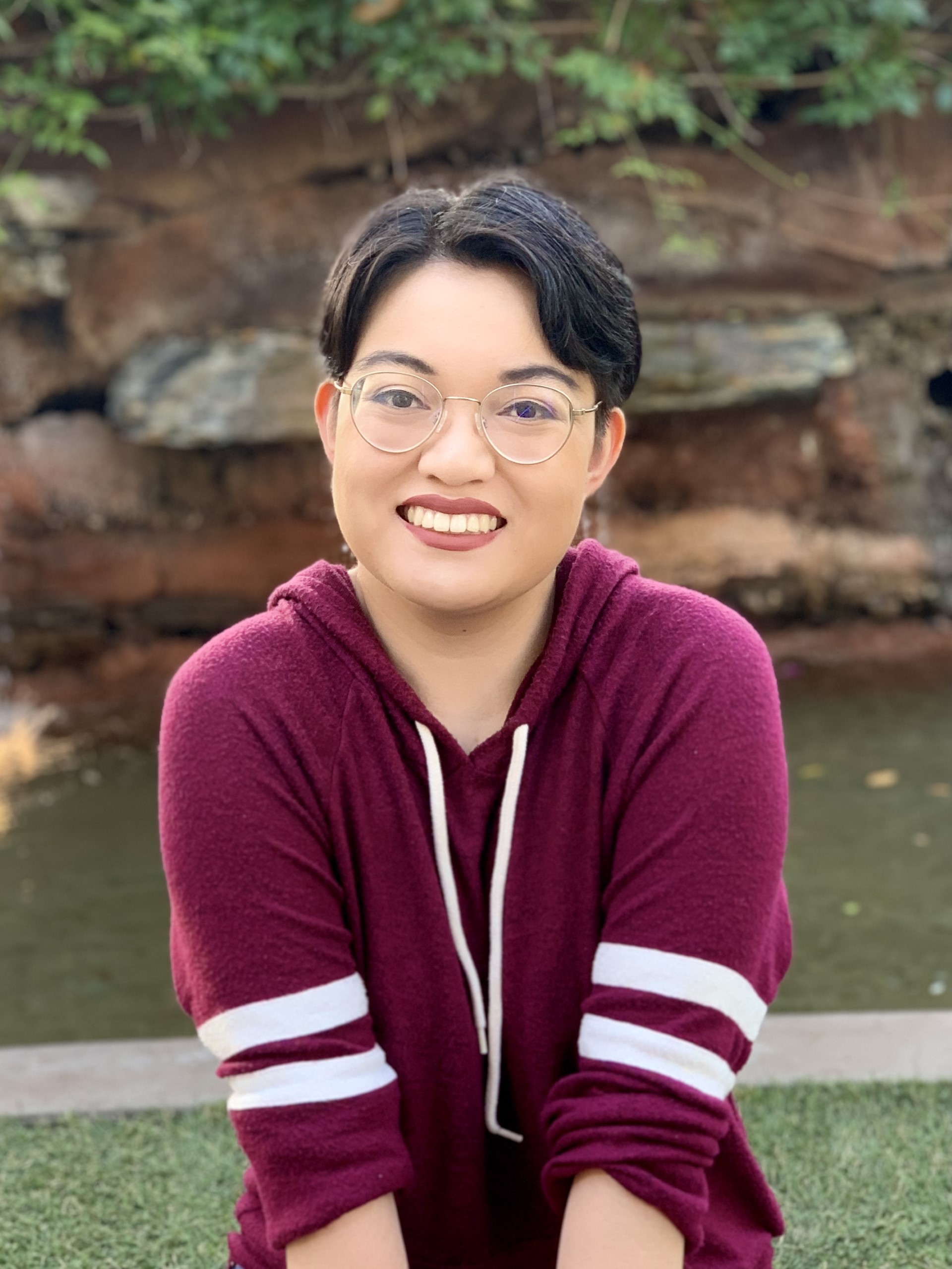
Career Corner Crafting Success: Tips from a Game Designer on Making It in the Industry
February 9, 2024

Erin Berthon, MA Career Manager, Wilkinson College of Arts, Humanities, and Social Sciences, at Chapman University
Makenzie De Armas (‘20 BFA Creative Writing, minor in computer science) was recently featured in the Forbes 30 Under 30 2024 list in the Gaming category. Makenzie graduated from Chapman University with a unique blend of skills in creative storytelling and computer science. She has carved out a niche in the gaming industry, specializing in game mechanics and developing captivating experiences for players. I had the pleasure of talking with Makenzie whose journey to becoming a Game Designer for Dungeons & Dragons at Wizards of the Coast is nothing short of inspiring.
Erin Berthon: Tell me about your role at Dungeons & Dragons at Wizards of the Coast.
Makenzie De Armas: I’m one of the designers on our team who specializes in game mechanics, so my focus is primarily on building things like statistics for monsters and magic items. I also review other designers’ work and ensure that their work not only functions within the rules of our game system but is also fun to play. To sum it up bluntly—if you go into a bookstore and flip through the books in the D&D section, you’re probably reading some words that I helped write or develop!
EB: Congrats on Forbes 30 under 30… can you explain what that actually means?
MD: The Forbes 30 Under 30 list highlights 600 young entrepreneurs who are excelling in their respective fields. I was listed as one of the honorees in the list’s Gaming category, meaning that I am one of the foremost gaming creators in the industry and an individual who is pushing the boundaries of games…at least, according to some people, haha.
EB: Did you have an internship?

Makenzie De Armas (‘20 BFA Creative Writing, minor in computer science)
MD: Nope! Or, well, I did have an “unpaid internship” for a nonprofit that really was more of a volunteer position, but never a formal internship like you’d expect. I had applied for several summer internships at various game studios, but I was rejected from each one. Instead, I took the summer before my senior year to teach myself project management skills, self-publish my own game design, and network through both social media and conventions. I personally don’t believe that it’s important to have specifically an internship; I think it’s important to develop skills relevant to your field, create a strong portfolio, and form connections with peers. And while an internship is certainly a great and readily available opportunity to do all those things, it’s certainly not the only route.
EB: How did you land such a cool job out of college?
MD: I had developed a strong portfolio and was already working as a part-time freelance game designer by the time I started by senior year. This led to me being hired by notable names in the industry, which in turn helped build my professional reputation so I could move to full-time freelancing as soon as I graduated. Then, it was just a matter of continuing to work hard and being in the right place at the right time; Wizards of the Coast just so happened to post a job opening for an Associate Game Designer a few months after I graduated, and I decided to throw my hat into the ring!
EB: Any tips for all the undergrad creative writers and designers out there?
MD: Just go forth and make stuff! One of the things that held me back early in my college years was my fear of the things I created not being “good enough” for other people to see. Eventually, though, I realized that I couldn’t keep waiting: waiting for my creations to be perfect, waiting for someone else to validate my work as good, waiting for people to offer me a job and a chance to prove myself. I needed to be brave, put myself out there, and make my own opportunities. And sure, the things I created at first weren’t perfect—or even good—but as the saying goes, “You can’t edit a blank page.” You’re never magically going to be amazing the first time you sit down and make something. But you have to start somewhere.

